Our
Speakers
Listen from world-leading investigators!

John H. Brumell, PhD
Pitblado Chair in Cell Biology, Senior Scientist, Cell Biology Program, The Hospital for Sick Children
Professor, Molecular Genetics & Institute of Medical Science, University of Toronto, Canada
Talk Title: Salmonella exploits membrane reservoirs for invasion of host cells

Dipshikha Chakravortty, PhD
Professor and Associate Dean UG, TATA Innovation Fellow, ASTRA Chair Professorship, DAE SRC Fellow, Humboldt Fellow, Department of Microbiology and Cell Biology, Indian Institute of Science, Bangalore, India
Talk Title: will be updated soon…

Brian K. Coombes, PhD
Professor and Chair, Fellow of the American Academy of Microbiology, Department of Biochemistry & Biomedical Sciences, McMaster University, Ontario, Canada
Talk Title: Drug screening under infection-relevant conditions for antibiotic development against invasive non-typhoidal Salmonella (iNTS) disease
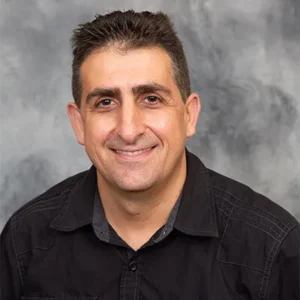
Basel Abuaita, PhD
Assistant Professor, Department of Pathobiological Sciences, School of Veterinary Medicine, Louisiana State University, Baton Rouge, LA, USA
Talk Title: Lipopolysaccharide compositions license Salmonella enterica serovars to evade innate immune defenses
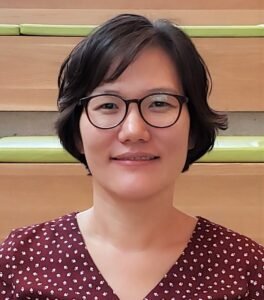
Jeongmin Song, PhD
Associate Professor, Department of Microbiology & Immunology, Veterinary Medical Center, Cornell University, Ithaca, New York, USA
Talk Title: Salmonella Typhi virulence factors: Vi variants and Typhoid toxin

Ryan Russell, PhD
Associate Professor, Department of Cellular and Molecular Medicine, University of Ottawa, Canada
Talk Title: Salmonella Typhimurium inhibits autophagy of the endoplasmic reticulum to promote infection
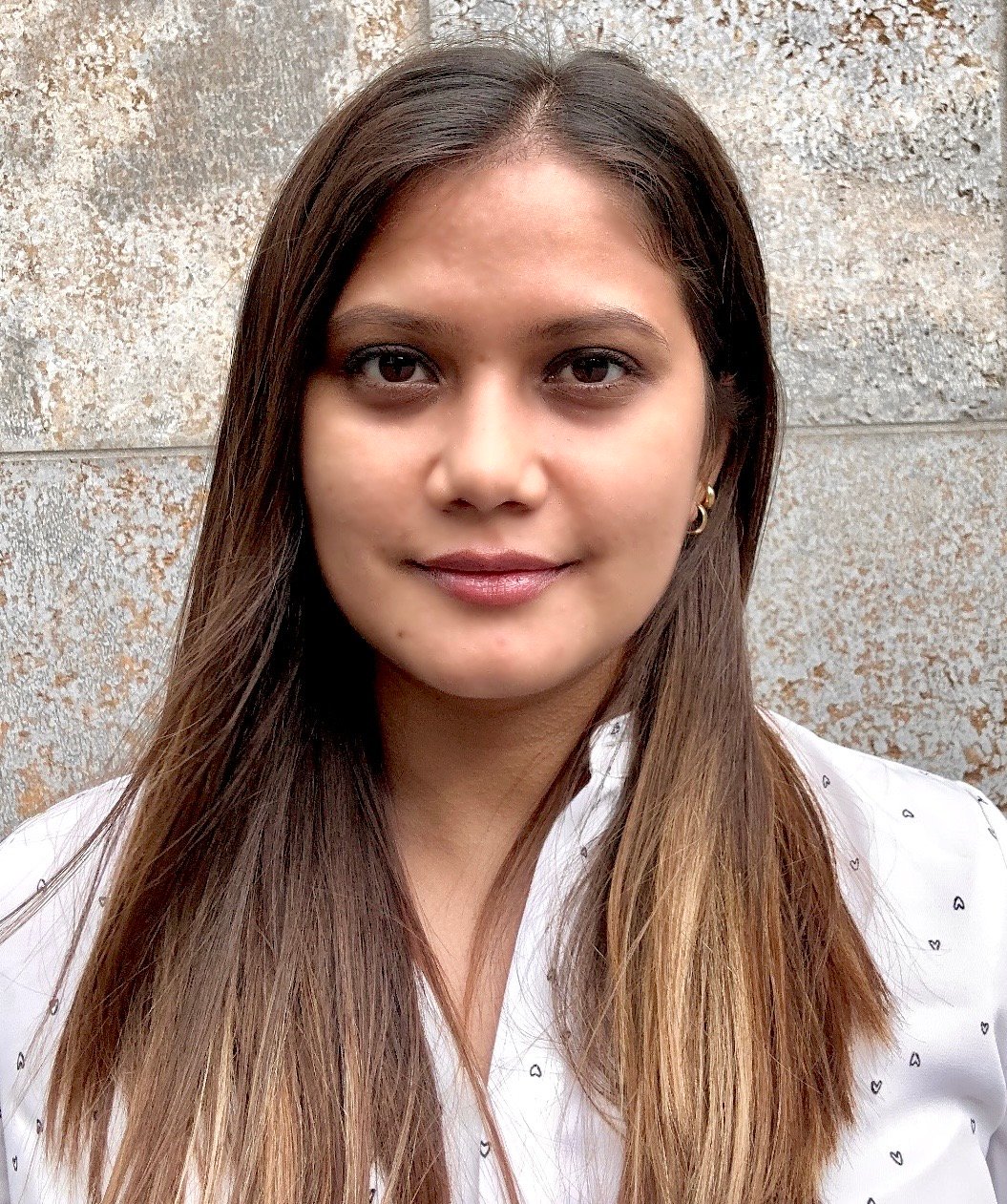
Simran Kushwaha, PhD
Post Doctoral Researcher, University of Southampton, United Kingdom
Talk Title: Comprehensive blueprint of Salmonella genomic plasticity identifies hotspots for pathogenicity genes
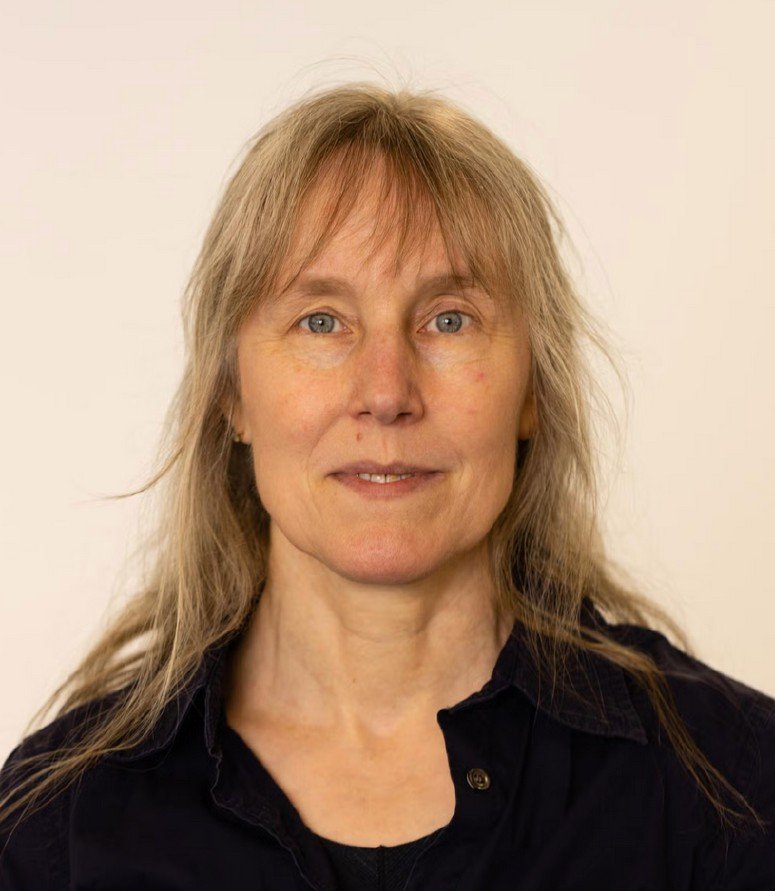
Corrie Detweiler, PhD
Professor at Department of Molecular, Cellular & Developmental Biology, University of Colorado Boulder, Boulder, Colorado, CO, USA
Talk Title: New approaches for combating bacterial infections

Judith Behnsen, PhD
Associate Professor, Department of Microbiology and Immunology, University of Illinois at Chicago, USA
Talk Title: Inter-kingdom interactions: How a gut commensal yeast promotes Salmonella virulence
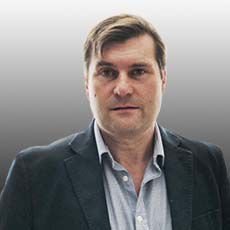
Adam Cunningham, PhD
Professor of Functional Immunity, Department of Immunology and Immunotherapy, Co-Director of the BactiVac Network, University of Birmingham, United Kingdom
Talk Title: How do inflammatory responses induced to Salmonella drive thrombosis?
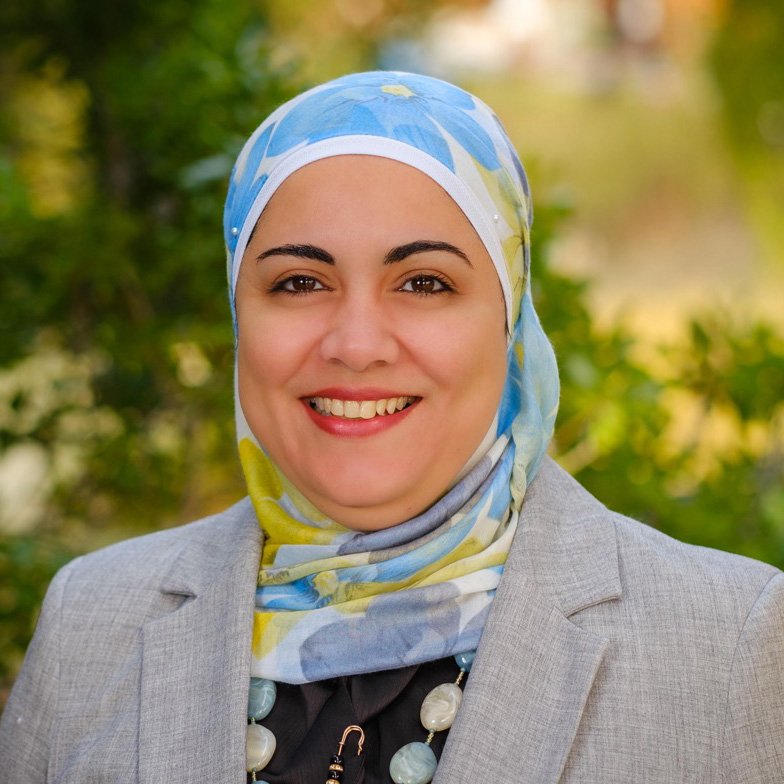
Yosra A. Helmy, DVM, MVSc, PhD
Associate Professor of One Health & Infectious Diseases, Department of Veterinary Science, University of Kentucky, KY, USA
Talk Title: Innovative approaches for Salmonella control: A One Health paradigm shift
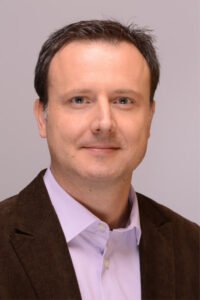
Tobias Geiger, PhD
Max von Pettenkofer-Institute, Chair for Medical Microbiology and Hygiene, Ludwig-Maximilians-Universität München (LMU Munich), Munich, Germany
Talk Title: Intracellular behavioral differences between Salmonella Typhi and Paratyphi: Distinct patterns of virulence factor expression
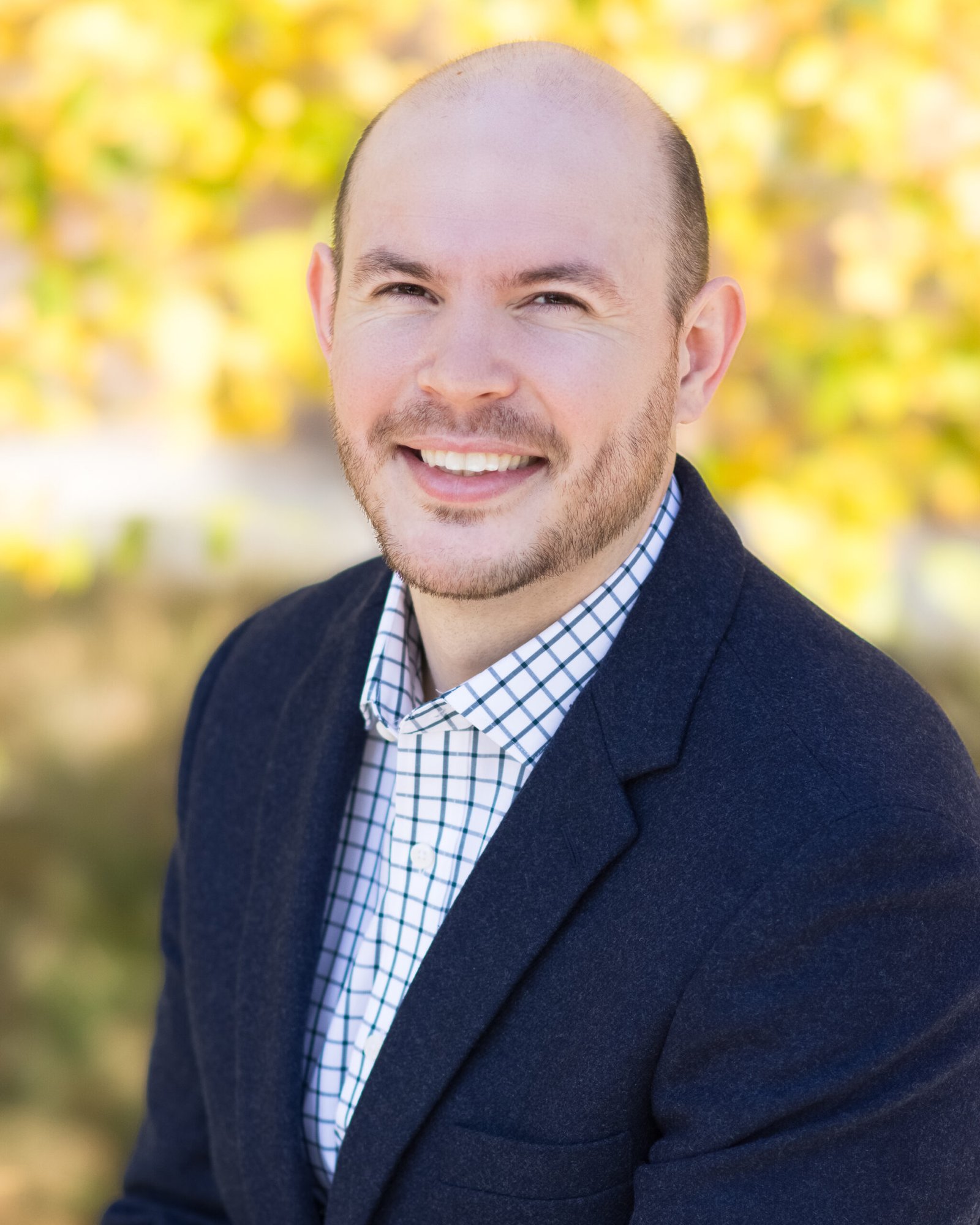
Arden Baylink, PhD
Assistant Professor, Esch LEAD Professor, Department of Veterinary Microbiology & Pathology, College of Veterinary Medicine, Washington State University, WA, USA
Talk Title: Visualizing Salmonella chemotaxis using real-time imaging

Mikael Sellin, PhD
Professor of Molecular Medicine, Science for Life Laboratory, Uppsala University, Sweden
Talk Title: Salmonella infection dynamics resolved in human enteroids and colonoids

Kishore R. Alugupalli, PhD
Founder & Chief Executive Officer
TurboVax Inc., Philadelphia, PA, USA
Talk Title: Turbo: the key for making a single shot “Pan-Salmonella” glycoconjugate vaccine

Christopher Schubert, PhD
Postdoctoral researcher at the Institute of Microbiology, ETH Zurich, Switzerland
Talk Title: S. Typhimurium’s sweet tooth: A WISHful tale of context-dependent metabolism in Mice

Jennifer Ronholm, PhD
Canada Research Chair in Agricultural Microbiology, Faculty of Agricultural and Environmental Sciences, McGill University, Quebec, Canada
Talk Title: Optimizing the chicken microbiome to prevent Salmonella colonization
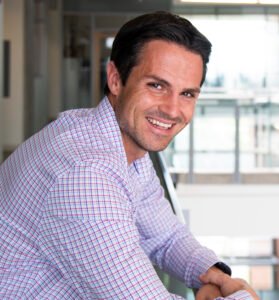
Casey Fowler, PhD
Assistant Professor, Department of Biological Sciences, University of Alberta, Alberta, Canada
Talk Title: Identification of a Salmonella-specific protein that enhances virulence gene expression in response to antimicrobial peptides
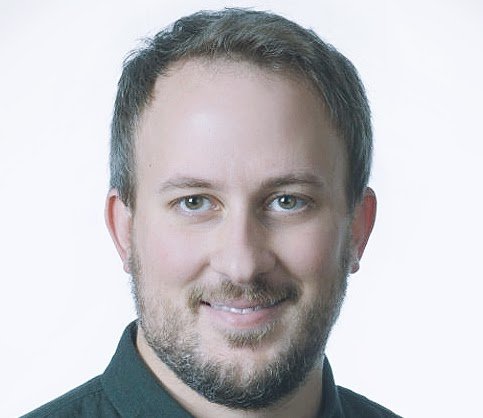
Jean-Philippe Côté, PhD
Assistance Professor, Department of Biology, University of Sherbrooke, Sherbrooke, Québec, Canada
Talk Title: Investigation of the effects of microbe-microbe interactions on Salmonella physiology
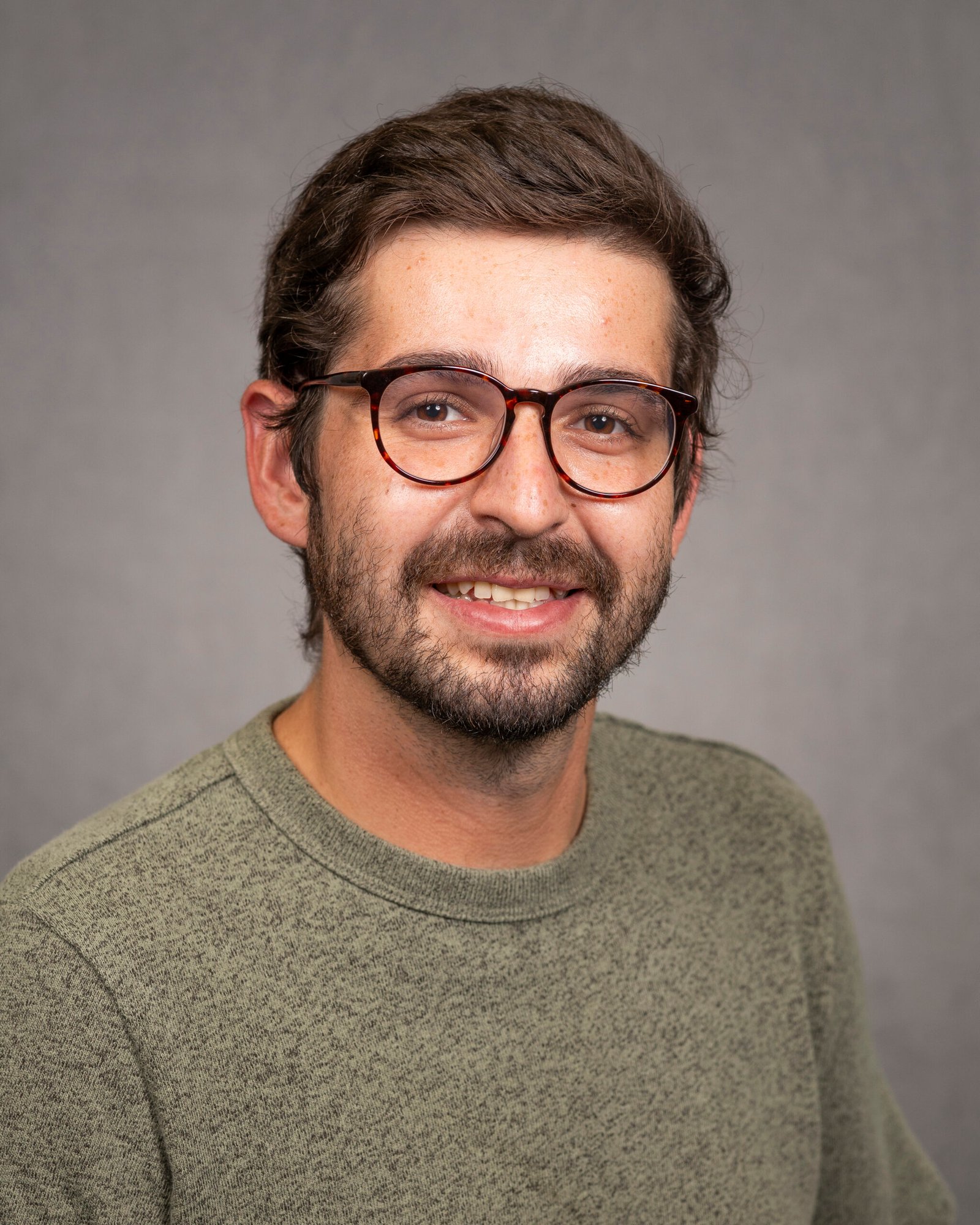
Jorge J. Canas, Ph.D.
Postdoctoral Associate, Dr. Mariola Ferraro Laboratory
Department of Microbiology and Cell Science, Institute of Food and Agricultural Sciences, University of Florida, Gainesville, FL, USA
Talk Title: Messaging Immunity: How EVs from infected immune cells shape host memory
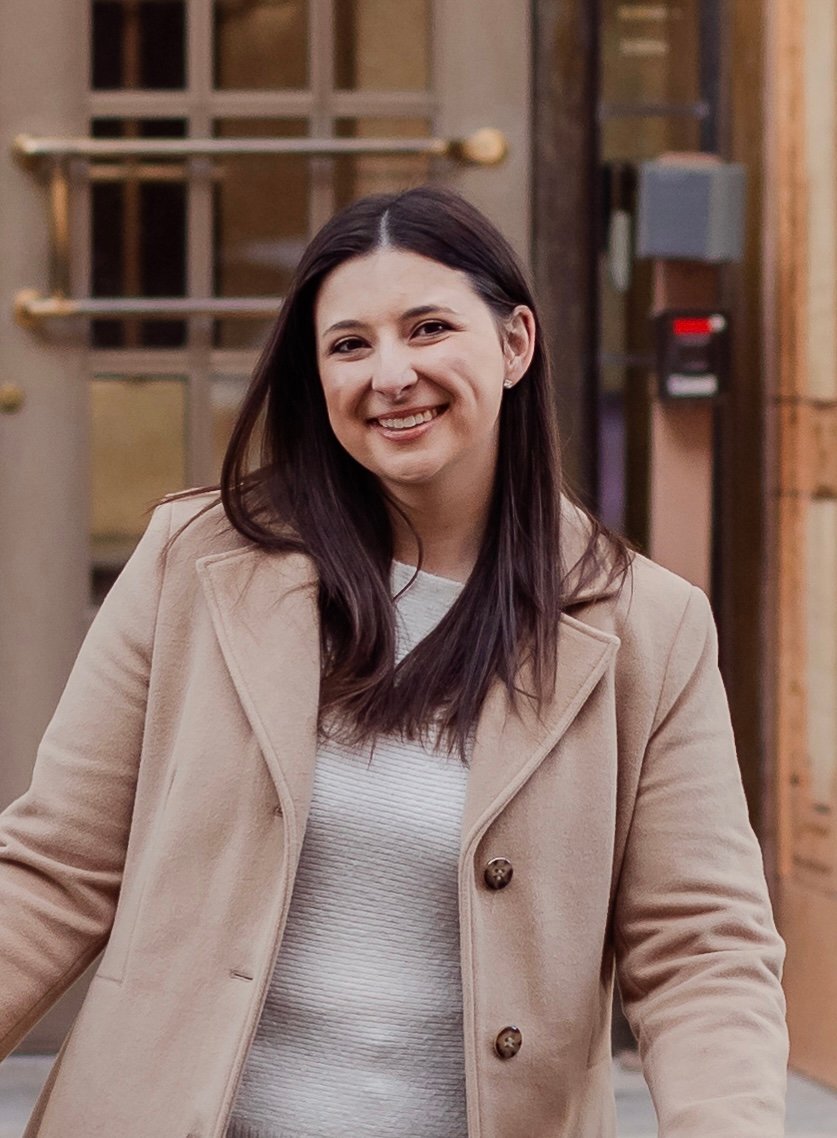
Elizabeth Nail
Microbiology Doctoral Candidate, Keestra-Gounder Lab
Department of Immunology and Microbiology, University of Colorado, Anschutz Medical Campus, CO, USA
Talk Title: Impact of the ER stress response on Salmonella pathogenesis
